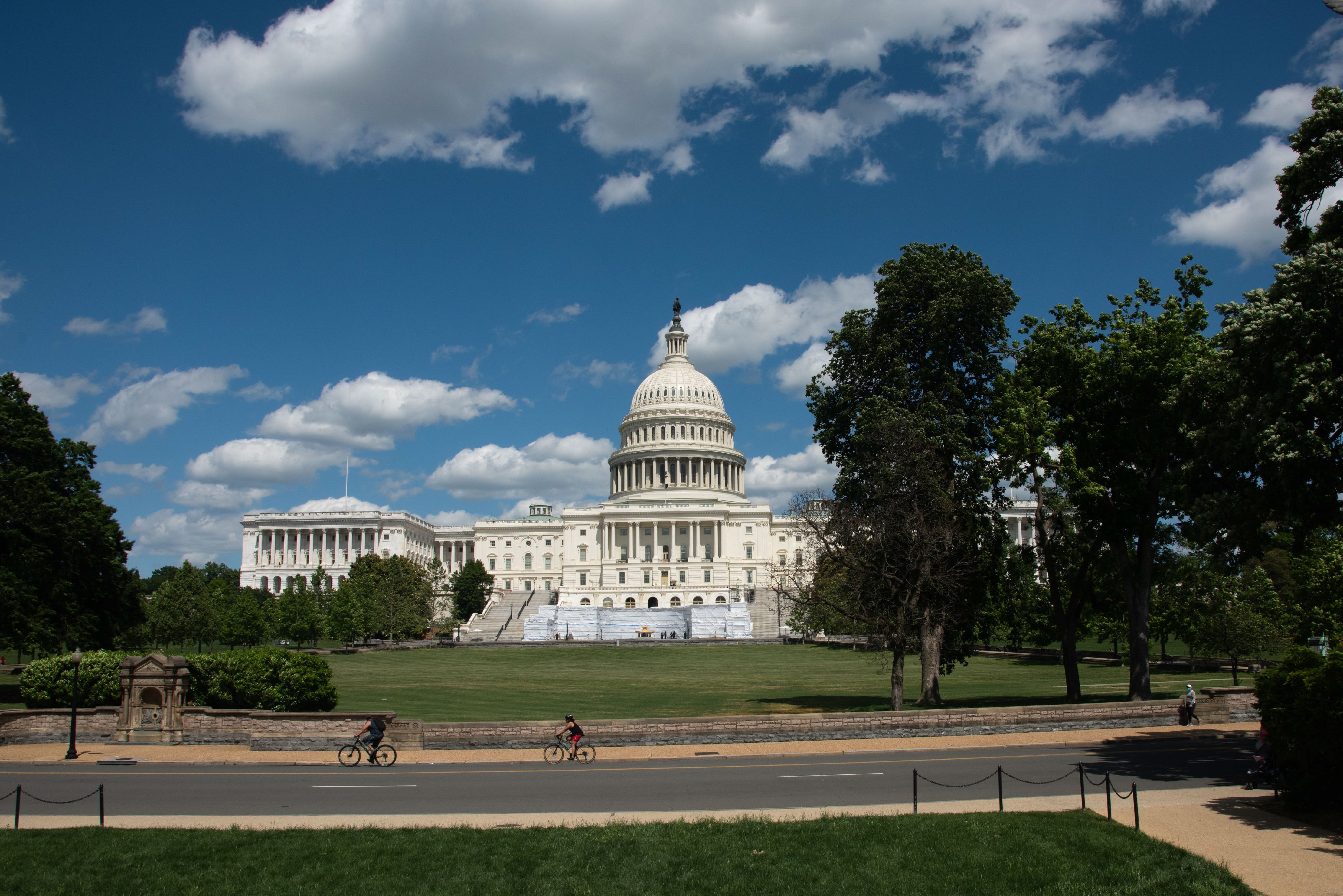One year into the pandemic, states are still struggling to keep up with the sheer number of unemployment claims.
Virginia officials say 1.5 million claims have been filed since March 2020 — that’s more than the previous 10 years combined. In Maryland, more than 850,000 claims have been filed.
But those are just the number of claims that have been filed, not the number of claims that have been approved and paid. There are tens of thousands of people still waiting for answers -- and their money.
Chris Gaskill is one of them. At the start of 2020, he was at the top of his game, working for a tech catering startup. Life was good: hobnobbing with VIPs and winning awards.
We're making it easier for you to find stories that matter with our new newsletter — The 4Front. Sign up here and get news that is important for you to your inbox.
"We got all sorts of awards," Gaskill said.
But seven months into the pandemic, his career came to a screeching halt.
"They kept me on as long as they could," Gaskill said. But he got furloughed, and in October, he filed for unemployment in Virginia.
Five months later, Gaskill has yet to receive one penny in unemployment benefits and has blown through his savings.
I'm scared I'm going to be evicted.
Chris Gaskill
"Unfortunately, I'm down to the part where I'm scared, because I have, I think, maybe $1,000 left to my name," he said.
Gaskill has no idea what’s holding up his case.
"I would happily do whatever I needed to, to solve the outstanding issue, if I could only know what that issue is," he said.
Many people have this problem. No matter which state you’re filing in, when your claim has an outstanding issue, it’s flagged for what’s called “adjudication” — meaning it requires further investigation. And unfortunately, there’s nothing you can do, except wait for the unemployment office to contact you.
That can take months, because there are so many cases. Maryland currently has nearly 33,000 cases in adjudication. Virginia has about about 3,000; the commonwealth said they hope to have those cleared in the next week. (The District of Columbia did not provide us with their numbers for this story.)
Technical issues are another problem people are reporting. Some are unable to access their accounts or even file their weekly certifications, and they aren't able to reach anyone for help.
"One of the issues that a lot of people are running up against is that they can’t get someone to respond to them by phone; they’re waiting on hold a long time, or even emails aren’t being responded to," said Lisa Rowan, a consumer finance reporter for Forbes Advisor.
And that’s despite the states' reassignment of employees and hiring hundreds more to help out: more than 1,110 in Maryland, with plans to add nearly 2,000 more. Virginia has added 340 staffers and is getting ready to hire more than 500 more.
"But those states, for the large part, have hired people to work in call centers, to answer calls from people who need assistance," Rowan said. "They aren't caseworkers who can actually solve issues with unemployment applications or benefit claims."
"I'm scared I'm going to be evicted," Gaskill said.
If you’re already behind on your bills, here's what you need to do right now:
- Contact your landlord immediately -- don’t ignore the problem.
- If you can’t pay your rent in full, pay give what you can and ask about a payment plan.
- While you may qualify for protection under the CDC's eviction moratorium, you must fill out a declaration form and give it to your landlord.
- Apply for rent assistance programs. Every state has them, but also check with your city and county.
- Your utility companies may also have free money for you, but again, you'll need to contact them and ask.
The nearly $2 trillion aid package passed by Congress this week will tack on an extra $300 per week onto unemployment benefits through September.
The CDC's eviction moratorium is scheduled to end March 31. There's no word whether it will be extended.



